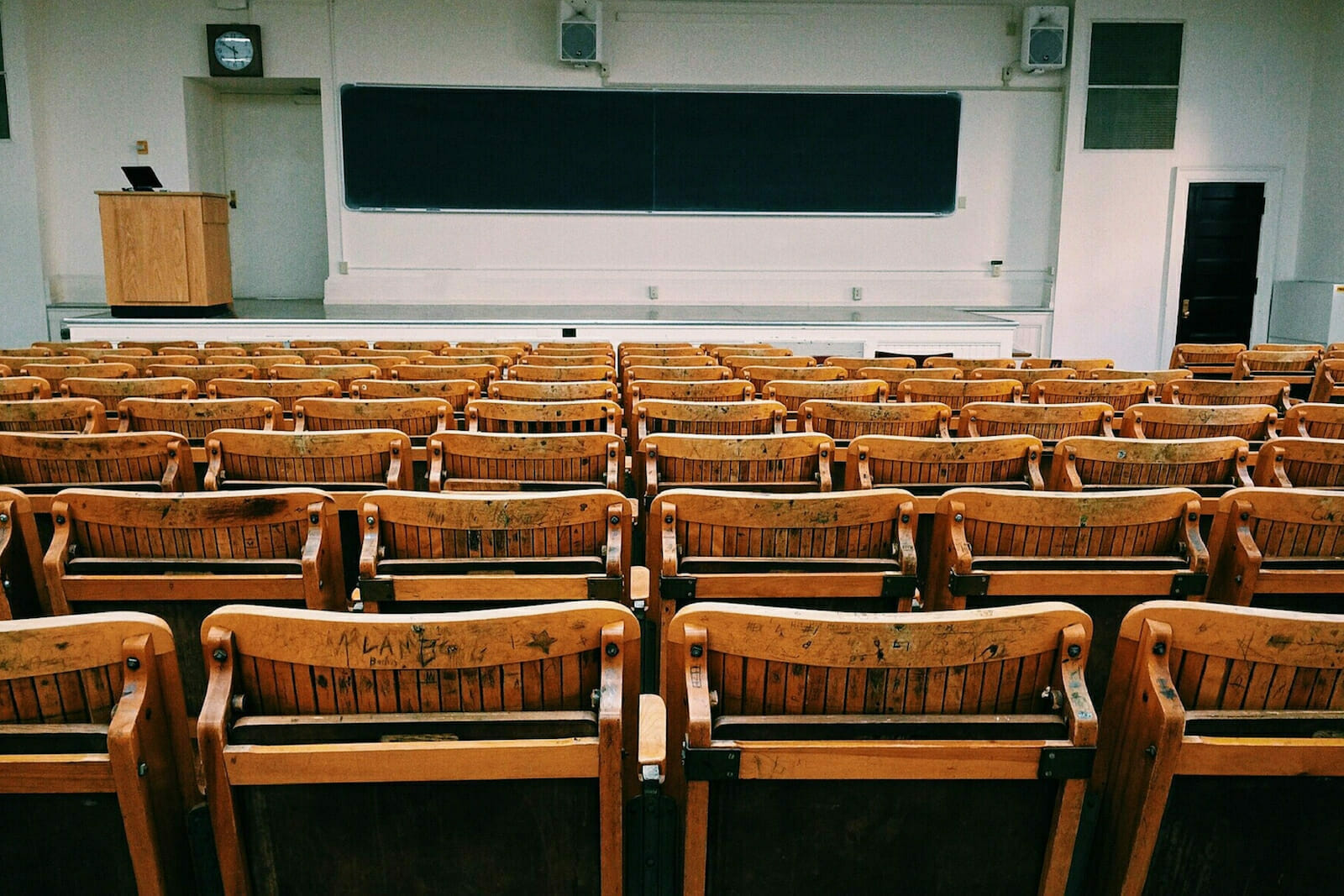
Culture
Are Schools Still a Place for Education?
Education has played a central role in influencing the minds of young adults which, in turn, has helped shape the fundamental values of our society. Whether they be elementary, secondary, or post-secondary, educational institutions are widely acknowledged as producers of knowledge and wisdom. Without them, we are essentially labeled as “uncivil” creatures—having no utilitarian values to the society to which we belong. While the contributions of schools are undeniable, few of us realize education’s immense power. In the name of “educating” and “correcting” future generations, schools have the authority to establish society’s moral basis—telling us what’s right and wrong, what’s immoral and moral.
The debate over free speech in school has dominated news coverage for decades, and the issue has intensified in today’s increasingly polarized political climate. As schools strictly adhere to a particular set of opinions while dismissing dissenting views, limitations and problems begin to arise.
A student at a high school in Toronto, Canada shared their personal experience regarding free speech in school: “My school is predominantly influenced by liberal ideologies, and they have the tendency to not only promote these ideals but also downgrade those who don’t conform to these values. For example, BLM protests last summer were actively supported and advocated by my school and its students. What’s problematic here is that when an argument against BLM was made, my school readily painted it as morally wrong and even shameful. Unfortunately, this toxic practice has also made its students intolerant against different opinions…they only know how to deny the opposition, instead of debating properly.”
Another student shared a similar story: “Anti-Trump sentiment in my school is dreadfully high. I mean, everyone has a right to hate Trump, but shaming and downgrading [conservatives] altogether through anti-Trump rhetoric is an ignorant practice, and sometimes, I even wonder whether these people know who Trump is. At my school’s MUN conference, some students were even making fun of one girl who happened to be a Trump supporter. To me, that was horrendous.”
It is worth noting, however, that most people (in Western democratic countries like the U.S.) seem to value the concept of “free speech” itself, at least ideologically. According to a survey by the James L. Knight Foundation, a nonprofit that promotes press freedom, about 91 percent of student respondents and 95 percent of faculty respondents agree with the statement, “People should be allowed to express unpopular opinions.” The same survey also suggests that 45 percent of students and 53 percent of teachers agree that people “should be allowed to say whatever they want in public, even if what they say is offensive to others.” Of course, this survey is not necessarily representative of the bigger picture, but it does seem to suggest that free speech is a fundamentally accepted and valued notion in Western democracy.
Still, the reality is far from ideal. Why?
For one thing, a school would want to align itself with mainstream values to avoid controversies and disputes. Schools need little consideration for minorities since the mob mentality functioning within would effectively silence them. Rather than playing around with the boundary of free speech and political correctness, the school may choose to ban any “unpopular” views and opinions altogether just to avoid any untended unfavorable circumstances since anyone can accuse it of “spreading hate and harm.”
Take, for instance, Yale University. The story began in 2015 when Erika Christakis, a lecturer at the Yale Child Study Center, sent an email to undergraduate students expressing her view over Halloween costumes from a developmental perspective. She called into question the school administration’s request to consider the cultural implications of Halloween costumes and instead argued for greater expressive rights of students. Then, a fraction of students accused her and her husband (also teaching at Yale) of failing to create a “safe space” and openly harassed them in front of their residence and attempted to oust them in the name of “student activism.” As for the school administration, instead of protecting the couple from hateful insults, they focused on making a lengthy statement about protecting “student diversity.”
Months later, the couple resigned from their teaching positions. Ironically, despite being named among the most prestigious universities worldwide, Yale set a perfect example of how failing to protect freedom of expression leads to fostering so-called “social-justice warriors”— narrow-minded youth activists aiming to censor dissenting views through public bullying and insults.
There is yet another way to interpret this issue. The 20th-century French philosopher Michel Foucault argues in his essay “Discipline and Punish” that schools, just like any other institutions, primarily aim to produce docile bodies through discipline and surveillance, and that the power dynamic inherent in schools ensures the success of disciplinary education. For example, you express conservative views in your political essay; your teachers want to see more liberal standpoints, so they give you a discouraging mark. Or, let’s say you want to express an unpopular opinion in your school community. But if you are a high school senior, you’d probably refrain from doing so. If school administrators don’t like what you have to say, then their unfavorable attitude toward you may affect your recommendation letters in college application. These punitive practices eventually influence one’s own moral parameters, or even if they don’t, such practices are still successful in training one to be silent and submissive to various authorities.
To some extent, these tactics work: children become “disciplined” according to the school’s standards. But when students reach a certain age, some begin to realize all the dirty secrets behind censorship and manipulation. The consequences are grave. While schools may successfully suppress minorities at a particular time, these individuals continue to fuel their ideologies through online networks. A suppressed individual may desperately look for others who resonate with him and end up being indoctrinated by far-right online communities filled with divisive partisan rhetoric like “democrats hate the facts” or “lefties don’t know how to debate.”
On the other hand, a person who has been on the mainstream side cannot reconcile with the opposite end of the spectrum because they are ignorant to unpopular ideas in a school’s “protective” environment. Consequently, the lack of bridges across stances exasperates today’s divisive politics. “It is ironic that schools try to tell us about the problem with polarization when they attempt to suppress our viewpoints. In my opinion, they are a part of the problem,” one of the respondents told me.
That being said, it is important to acknowledge that some institutions are taking determined steps towards protecting free speech, however controversial such actions are. For instance, the University of Chicago adopted the “Chicago Statement,” a free speech policy intended to demonstrate the university’s commitment to freedom of expression on campus. This statement was later adopted by other prestigious universities, including Princeton University and Washington University in St. Louis. The grey areas in the statement remain as a topic of debate and controversy, yet confronting the complexity and dilemma of “free speech” in such a way may be the first step towards greater unity, instead of sweeping conversations under the rug.
Unfortunately, these institutions are the minority. If other schools continue to eliminate ideas in the name of “discipline” and “education,” our society remains polarized—and free speech becomes a thing of fables.
For privacy reasons, the students and the name of the school shall remain anonymous.

